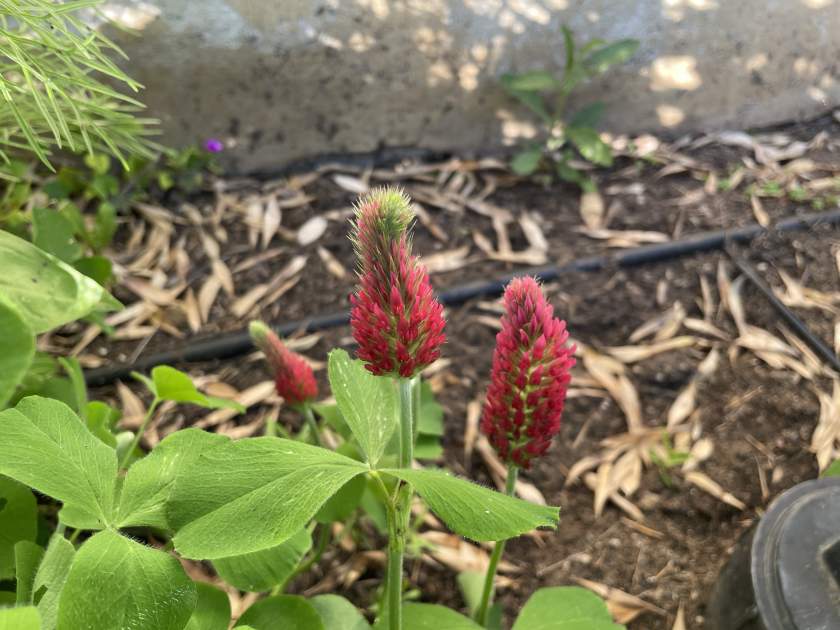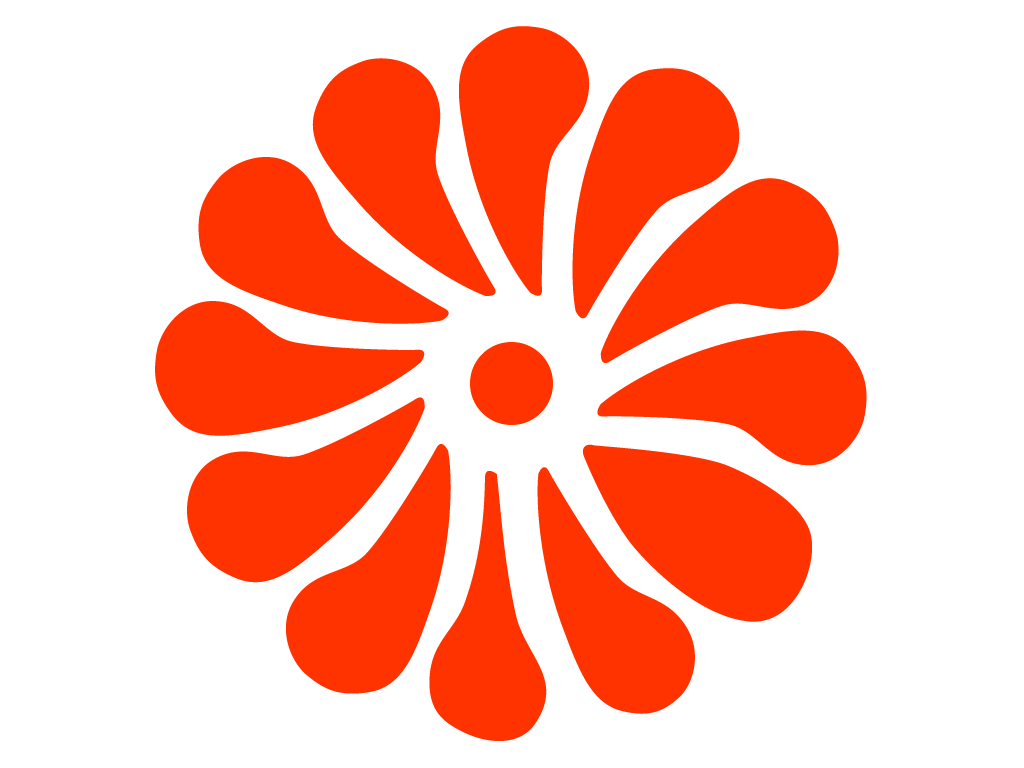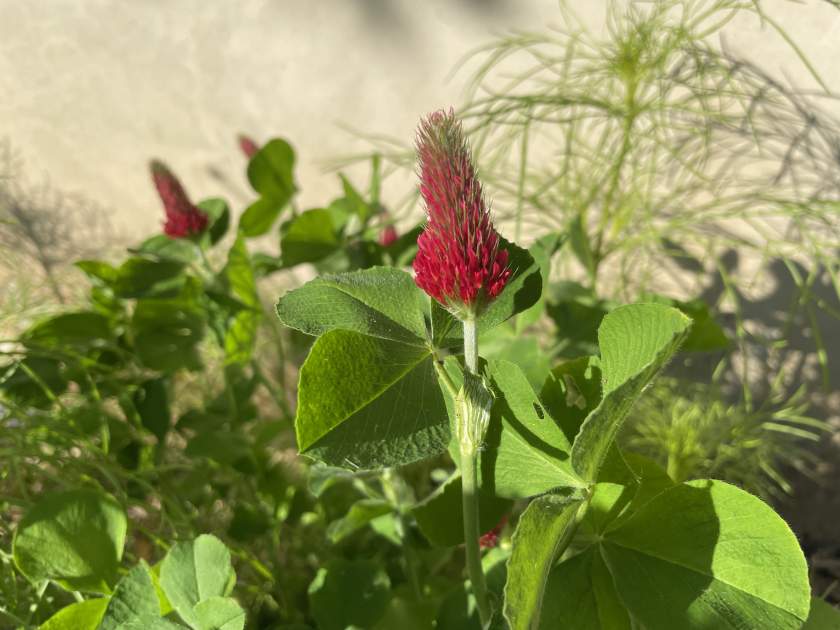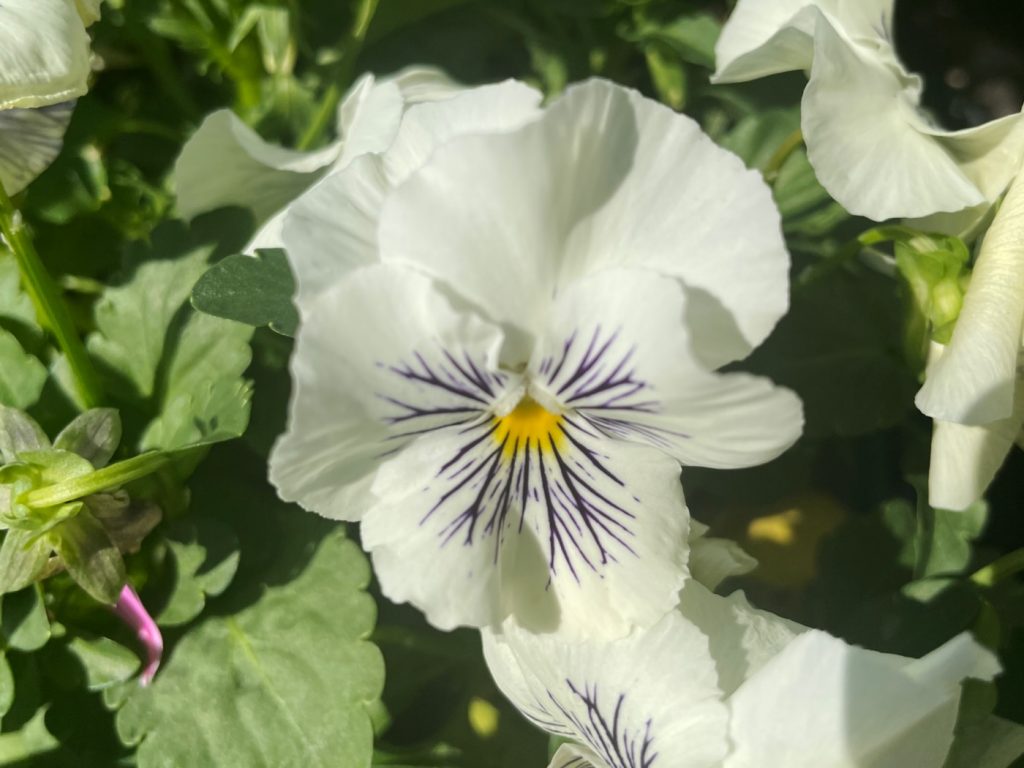Trifolium incarnatum: Exploring the Vibrant Crimson Clover
Background and Family
Trifolium incarnatum, commonly known as Crimson Clover or Italian Clover, is a short-growing flowering plant belonging to the family Fabaceae. It is native to most of Europe and has been introduced to various regions, including the United States and Japan.
Characteristics and Description
Crimson clover is an annual plant that typically grows to a height of 20-50 cm (8-20 inches). It features trifoliate leaves with a long petiole, and each leaflet is covered in fine hairs. The leaflets are 8-16 mm across and have a truncated or bilobed apex. The plant produces vibrant, bright crimson flowers arranged in dense heads. Flowering occurs from spring to late summer, adding a splash of color to the landscape.
Cultivation and Benefits of Trifolium incarnatum:
Crimson clover offers several benefits and is relatively easy to cultivate. Here are some key aspects to consider:
Sunlight: Crimson clover thrives in full sun, requiring at least 6 hours of direct sunlight daily.
Watering: Regular watering is necessary, particularly during the initial weeks after planting. Once established, the plant displays some drought tolerance.
Soil: Well-drained soil enriched with organic matter is ideal for crimson clover. A sandy loam soil type is particularly suitable.
Pests and Diseases: This plant is generally resistant to pests and diseases. However, it may be susceptible to powdery mildew and root rot, so regular monitoring is advised.
Propagation:
Crimson clover can be propagated through two primary methods: seed and division.
Propagation by Seed: Sow the seeds in spring or fall, burying them approximately 1/2 inch deep and spacing them 1-2 inches apart. Germination typically occurs within 1-2 weeks.
Propagation by Division: Divide the plant in either spring or fall. Using a sharp knife, divide the plant into two or more sections, ensuring that each section has at least three roots. Plant the divisions in well-drained soil, maintaining adequate moisture. The divisions should establish themselves within 4-6 weeks.
Other Information and Benefits
In addition to its ornamental value, crimson clover offers numerous advantages:
- Nitrogen Fixation: Trifolium incarnatum is a nitrogen-fixing plant, converting atmospheric nitrogen into a form usable by plants. This feature enhances soil fertility, making it a valuable cover crop.
- Forage Crop: The plant serves as a protein-rich forage crop for livestock, making it beneficial in agricultural settings.
- Bee and Butterfly Attractor: Crimson clover acts as a valuable nectar source for bees and butterflies, attracting pollinators to gardens and promoting biodiversity.
- Erosion Control: The dense root system of crimson clover helps prevent soil erosion, making it a useful addition to landscapes prone to erosion.
- Medicinal Potential: Trifolium incarnatum contains isoflavones, plant-based compounds with estrogen-like effects. These compounds have shown promise in treating menopause-related conditions, cardiovascular health, osteoporosis, and cancer prevention.
By incorporating crimson clover into gardens, landscapes, and agricultural practices, individuals can enjoy its vibrant beauty, soil-enhancing properties, and potential health benefits. Whether used as a cover crop, forage crop, erosion control measure, or simply as an ornamental addition, Trifolium incarnatum brings an array of advantages to various settings.
Its ability to fix atmospheric nitrogen enhances soil fertility, making it a valuable asset in crop rotation and organic gardening. Livestock owners benefit from crimson clover as a protein-rich forage crop, contributing to the overall health and nutrition of their animals. The plant’s attractive crimson flowers attract bees and butterflies, aiding in pollination and promoting ecological balance.
Scientific Research
Moreover, ongoing scientific research explores the potential of crimson clover’s isoflavones in addressing menopause-related symptoms and their impact on cardiovascular health and osteoporosis. Investigations into the plant’s anticancer properties are also underway, potentially offering new avenues for cancer prevention and treatment.
From its captivating visual appeal to its role in sustainable agriculture and potential health benefits, Trifolium incarnatum, the crimson clover, stands as a radiant addition to gardens, landscapes, and agricultural systems. Embrace the allure of this versatile plant and unlock its numerous advantages in your outdoor spaces.





